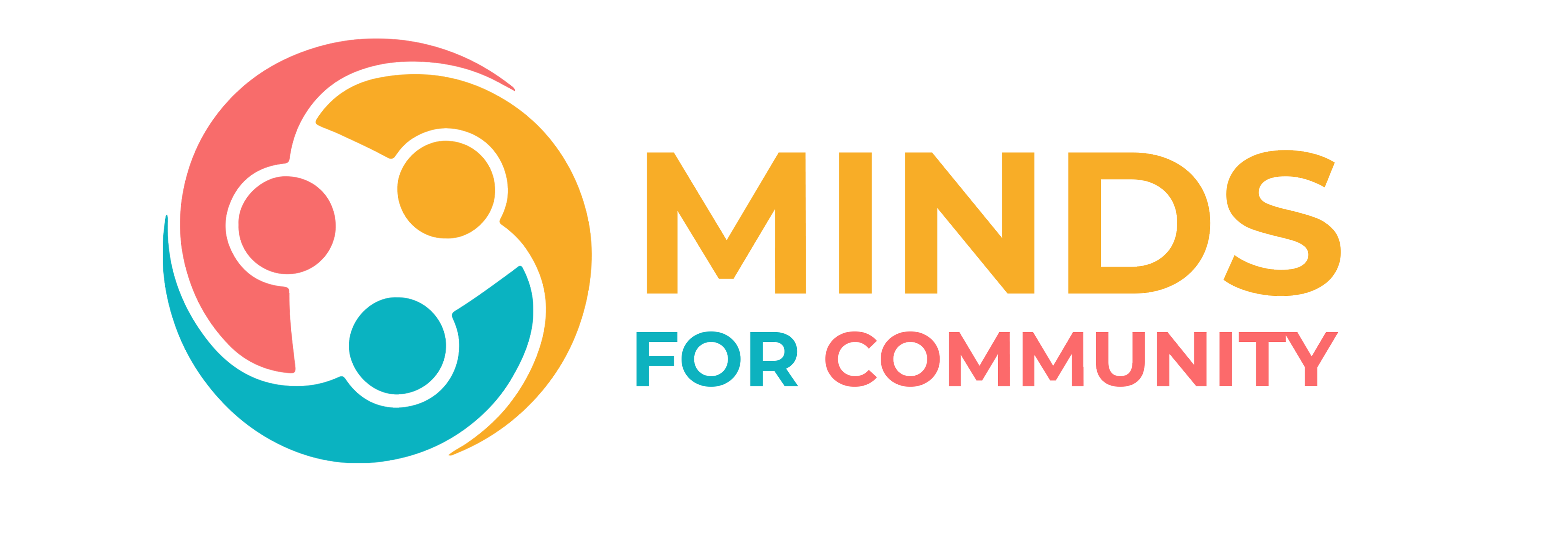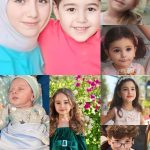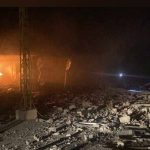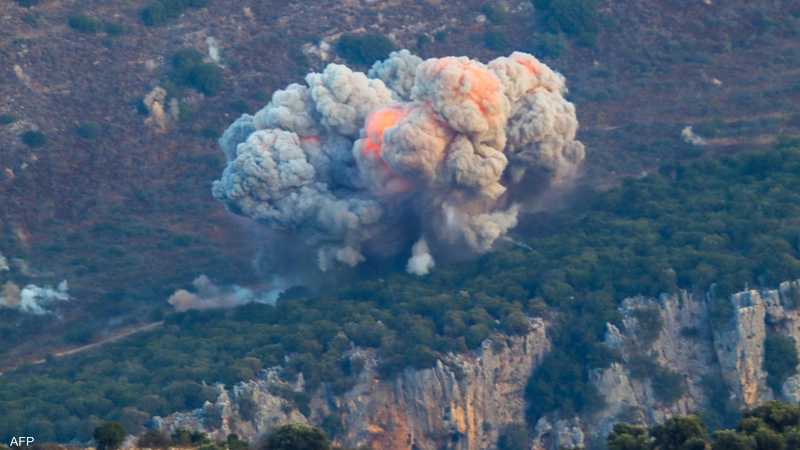This is a summary of what was said by UNICEF Deputy Representative to Lebanon Ettie Higgins – to whom quoted text may be attributed – at today’s .press briefing at the Palais des Nations in Geneva
I am speaking to you from Lebanon to highlight the situation of children in light of the dangerous escalation that has had adverse effects on their physical and mental well-being.
On Monday alone, at least 50 children were reportedly killed in Lebanon. This is more than the number of children killed in Lebanon in the past 11 months (previously 22).
Eleven months in one day. 50 children and 94 women, in one day – among 558 reportedly killed.
Further, over 1,835 people were injured on Monday, including children and women, according to the Lebanese Ministry of Public Health.
Countless more children are in danger as I speak, exposed to ongoing attacks, displaced from their homes and unable to rely on an overstretched and under-sourced health system.
If we return to a conflict, like those dark days of 2006, I fear this time could be even worse for the children of Lebanon.
Lebanon has recently been devastated by a protracted economic and political crisis; the massive Port of Beirut explosion; the impact of COVID-19; and the fifth year of a crippling economic downturn that has sent poverty soaring. Many families are already at the brink. And now this conflict is making every one of these factors many magnitudes worse.
Any further escalation in this conflict would be catastrophic for all children in Lebanon, but especially families from villages and towns in the south and the Bekaa, in Eastern Lebanon, who have been forced to leave their homes. These newly displaced add to the 112,000 people who have been displaced since October.






